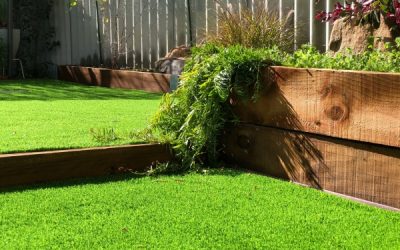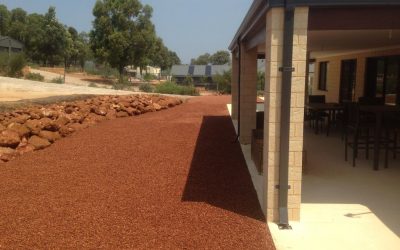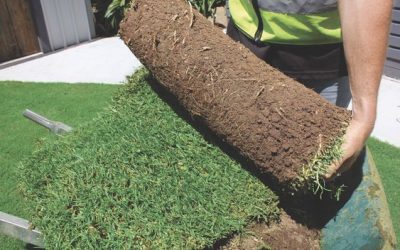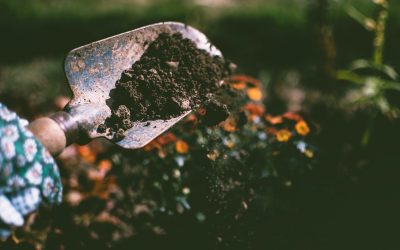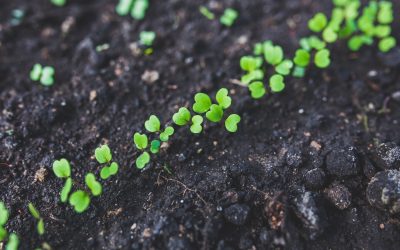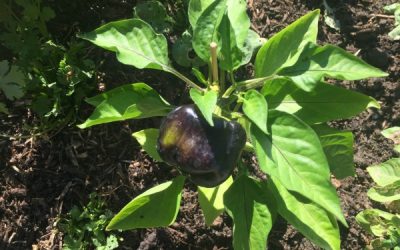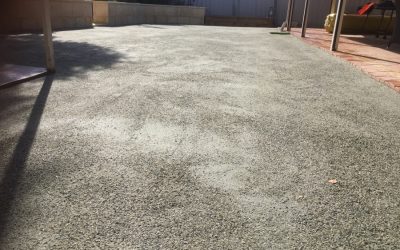What is Mulch?
Mulch is a material that is used over a soils surface or around plants as a protective layer, which help to retain moisture and prevent weeds in the garden. The ideal mulch should be solid enough to stop the growth of weeds, while still being open and loose enough to enable water and air exposure to penetrate through to the soil below. Mulch plays a key part in ensuring a successful garden. To name a few, mulches you can use to assist with this are Pine bark mulch and Garden Mulch.
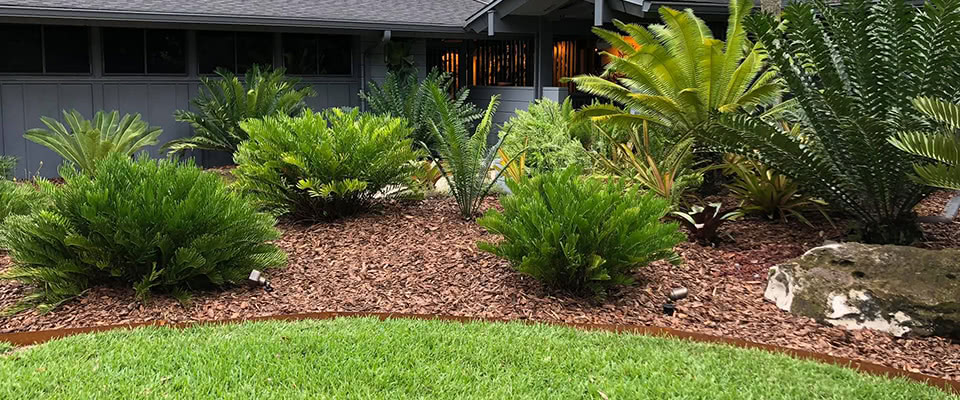
Mulch offers many major benefits, in Perth Gardens
- Mulching is essential to the survival of your landscape during a drought.
- Mulch will reduce the amount of water that evaporates from your soil, greatly reducing your need to water your plants.
- Mulch improves the quality of your soil by breaking up clay and allowing better water and air movement through the soil.
- Mulch provides nutrients to sandy soil and improves its ability to hold water. Mulch acts as an insulating layer on top of soil, keeping it cooler in the summer.
- Reduces weed growth by protecting the soils surface from striong uv.
- Reduces water loss, which helps maintain moisture on the soils surface and reduces time spent watering.
- Controls the soil temperature, keeping it warmer on cold nights and cooler on hot days.
- Creates a healthier garden by adding organic matter to your soil, making it more resistant to pests and diseases, saving money on pest control.
- Provides slow release nutrients, preventing vitamin loss in plants, saving money on fertilisers.
- Provides a clean surface for your produce to fall onto to be harvested.
- Improves soil drainage and structure as it decomposes.
- Salvages waste materials, eg: organic mulches, grass clippings and leaves.
- Shelters plants from mud during watering or rain.
- Prevents erosion and soil compaction particularly from foot traffic on pathways and play areas.
- Advances the look of your garden, making it visually appealing.
- Provides a home for plant-friendly insects, while repelling the ones you don’t want
Installation of mulch and how much do you need?
A Few Tips for Mulching
Anytime is a good time to mulch. If this is your first time using Mulch, it is important to weed the area thoroughly before starting, removing roots and all of the weeds. If you already have a layer of mulch in your garden, be sure to loosen it up with a rake before adding on a new layer. Although there are many benefits, it can also be detrimental to apply too much mulch to your garden. Mulching more than 100 mm deep can bury and smother your plants, reducing the amount of water and oxygen reaching the roots. It is important to avoid this happening as it will affect the growth and health of your plants.
Apply 100mm of mulch in all planting areas. Finer mulches (sized a half-inch or smaller) should be applied no more than 100 mm deep. Courser mulches, such as large bark chips, can be applied 150 mm deep. Shopping for Mulch Mulch is available by the bag or in bulk. Bulk mulch is measured in M cubic. You can calculate the volume of mulch
- Before applying mulch, remove weeds and water thoroughly. This will help you get the most benefit from your new mulch.
- Replace the grass under trees with mulch to minimize competition for water and nutrients. This mimics the way trees grow in nature.
- Keep mulch 200 mm away from the base of trees and shrubs.
Choosing the Correct Mulch
Things that are important to consider when buying mulch are cost, availability, practicality of application and importantly the appearance it creates in the garden. There are lots of materials to choose from including whether its organic or inorganic, as well as different colours and textures depending on the look you are after. Organic mulches decompose over time giving increased nutrients to the soil, but often need topping up. Some examples include Pinebark Whereas inorganic mulches tend to last longer but don’t directly impact the soil. These include and Black and Red Mulch.

